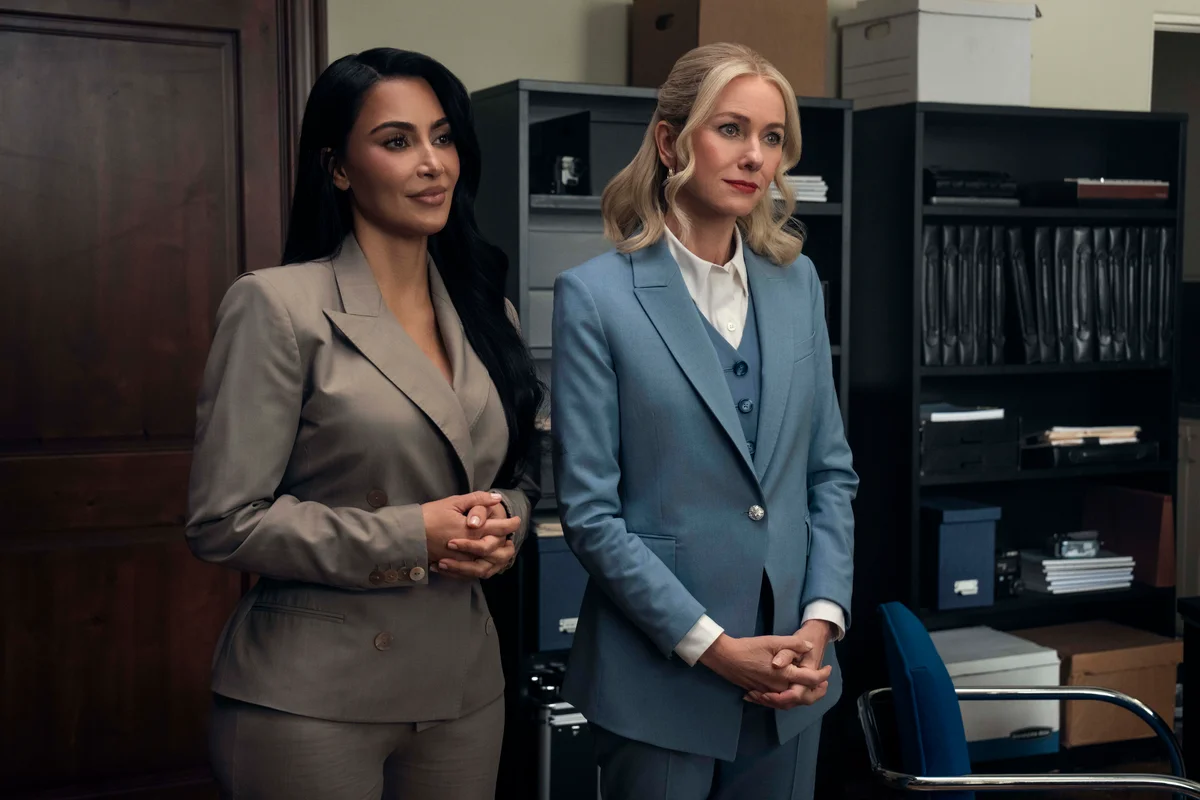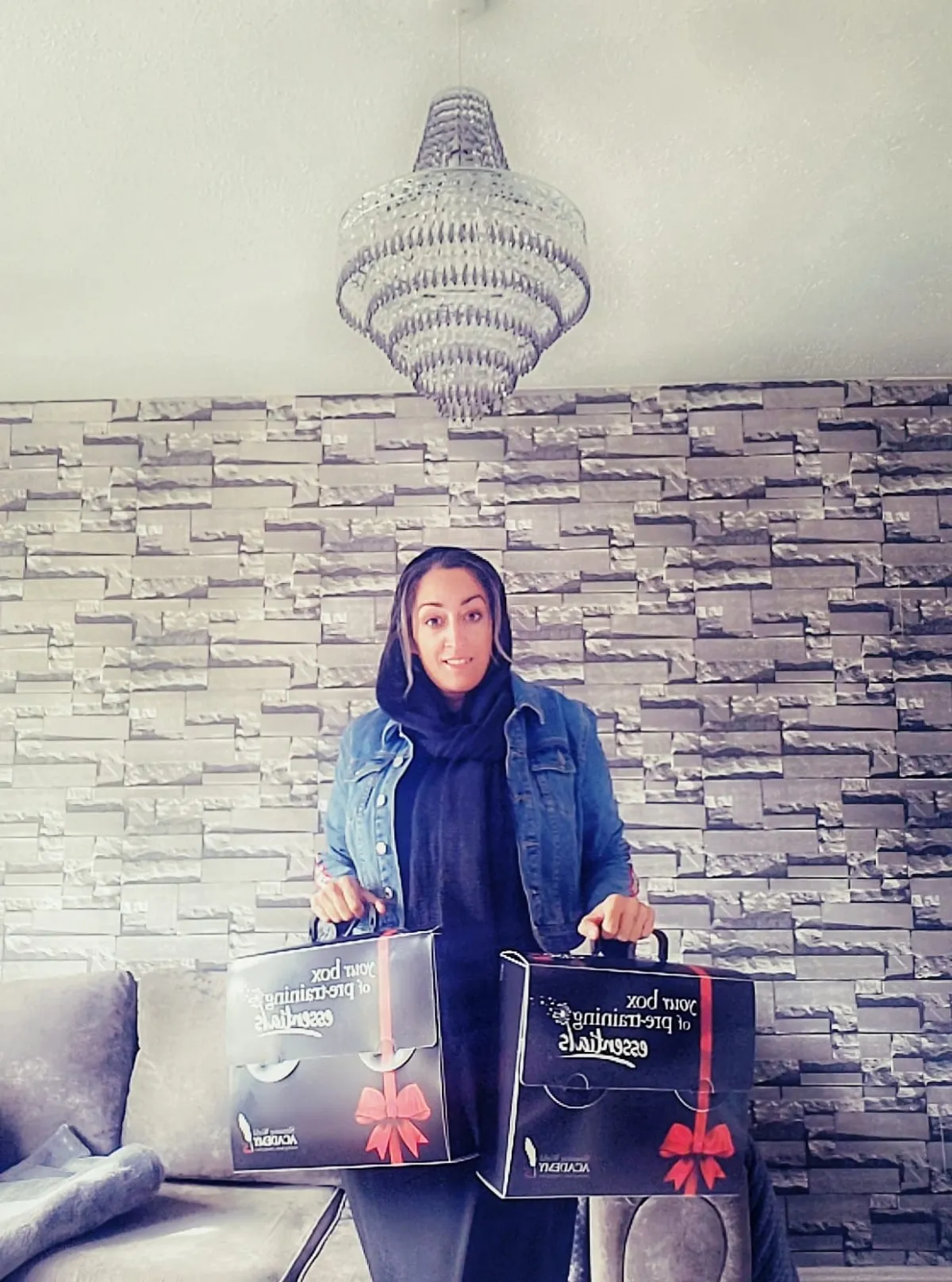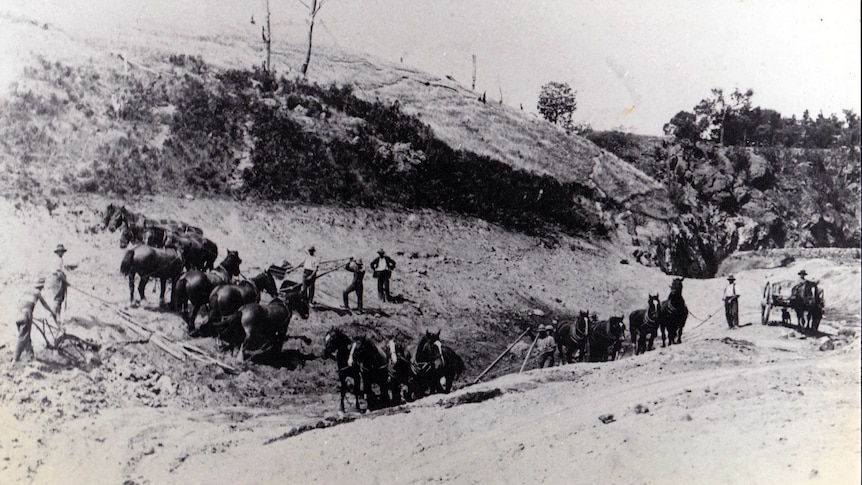Copyright independent

Has the girlboss archetype ever been more embarrassing? In Ryan Murphy’s new legal drama All’s Fair, which has debuted with a rare zero percent critics’ score on Rotten Tomatoes, it appears we have reached new heights of career-woman cringe. Starring an expressionless Kim Kardashian alongside Naomi Watts and Niecy Nash as the founders of an all-female divorce firm representing billionaires’ wives, the All’s Fair heroines dish out casual one-liners like “We’re stepping away from the patriarchy,” “Business is how I unwind” and “Let’s put the team in teamwork.” They march down hallways and jump on private jets like it’s part of the daily grind. And it appears that Kardashian’s character, the ball-breaking lawyer Allura, has only one job: to threaten wealthy men from across the boardroom table. Indeed, this series is supposedly set in the present day, but these girlbosses speak as if the year is still 2014, and they are corporate robots pre-programmed to name-drop luxury brands in each sentence (“Let’s get those Goyard travel cases and start stuffing!”). The language and aesthetics of the career woman in this 2025 series feel outdated because the girlboss’ once-hot appeal has been fading for years. Born in the mid-2010s, the concept of the girlboss promised a utopia where women could bulldoze into workplaces, pull up a seat at male-dominated tables and become a celebrated CEO on the Forbes 30 Under 30 List by the ripe age of 23 (and do it all, of course, wearing a fuchsia blazer and a balayage hairdo). She was personified in Glossier’s Emily Weiss, Bumble’s Whitney Wolfe and founder of women’s co-working space The Wing, Audrey Gelman. Leading the original girlboss frontier was Sophia Amoruso, founder of the fast fashion brand Nasty Gal, who built the brand in her twenties, appeared in Forbes in June 2016 as one of “America's Richest Self-Made Women,” and even trademarked the term “girlboss” with a 2014 memoir and a subsequent Netflix show. This was the era of pastel-tinged Instagram feminism, one that urged women to build empires in pantsuits. “Dismantle the patriarchy” infographics were reshared and reposted on Instagram. The girlboss was meant to lean in, work against the system, and always advocate for herself in the name of empowerment. #MightyMenstruation and so forth. The girlboss started marching towards irony pretty quickly. By 2021, the internet adopted the slogan “Gaslight, girlboss, gatekeep” to satirise the toxic white feminism that often surrounded girlbossissm. “Girlbossing too close to the sun,” a play on “flying too close to the sun,” was another popular term used when overzealous attempts to succeed backfired spectacularly. It was not that people wanted the girlboss to fail; it’s that the concept of girlbossism only worked for the select few. Still, the girlboss archetype persists today, only in a different font. The girlbosses of 2025 don’t preach about smashing the patriarchy with a sledgehammer or flagrantly promote empowerment, but still sell an idealized image of having it all – a life of leisure, wealth and glamour alongside their soft life empires. The modern girlboss shows her grind through the opulence of her lifestyle, rather than the late nights she has spent working. Their fortune is in-your-face, but it’s not so blatantly tied up with careerism. Call it effortless wealth. Just look at Hailey Bieber – the model and wife of Justin – who founded her wildly successful makeup brand Rhode in 2022 and sold it earlier this year for $1 billion. Instead of sharing her hustle mindset on social media, she posts pictures of herself in luxury pajamas or in bed with her dog. “May your email never find me,” she captioned a recent Instagram post, expressing a level of exasperation for the mundanity of having a job. Working hard or hardly working? The new generation of girlbosses want to keep us guessing. Bieber would never risk social embarrassment by calling herself a She-E-O or something that humiliating. That’s because we’ve always known that the performance of the girlboss has been cringe in many ways, especially because it infantilizes women’s career successes (I don’t see anyone calling Steve Jobs a #boyboss). Today, the new girlboss is the more muted term: “female founder.” The name appears in the title of Meghan Markle’s business podcast, Confessions of a Female Founder, which is filled with chatter about incubation, KPIs and metrics. The girlbossism that existed in the 2010s has largely fallen out of favour because, unsurprisingly, it wasn’t that easy to undo gender inequality in the workplace in one fell swoop. In 2015, Amoruso’s Nasty Gal became the subject of a discrimination lawsuit and toxic workplace claims. The company filed for bankruptcy the following year. In 2020, former employees of the women-only co-working space, The Wing, alleged mistreatment and Gelman stepped down. In All’s Fair, there’s plenty of infighting and inappropriate relationships to boot. The girlboss of the mid-2010s promised women the world: power, prestige, and the ability to smash the patriarchy in stilettos. Today’s version trades that strident empowerment rhetoric for soft life vibes. In All’s Fair, the echoes of the old archetype remain — over-the-top luxury, one-liners meant to signal authority, and Kim Kardashian in a busty pantsuit — but the self-seriousness that once defined the girlboss has curdled into parody. She’s still there in a new generation, hiding beneath layers of athleisure. I’m just grateful she no longer utters phrases like “Business is how I unwind.”



